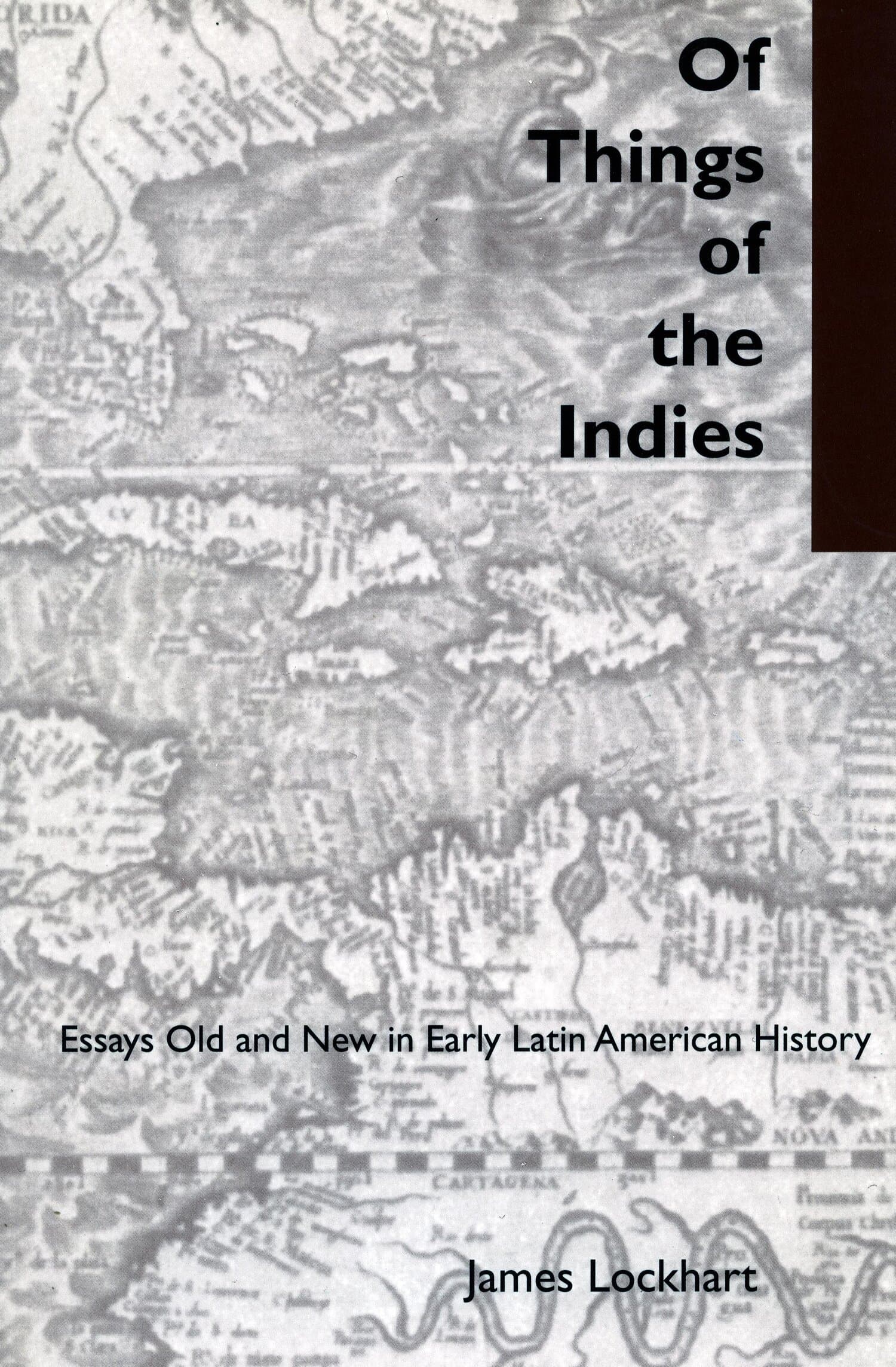The Tourism Encounter

In recent decades, several Latin American nations have experienced political transitions that have caused a decline in tourism. In spite of—or even because of—that history, these areas are again becoming popular destinations. This work reveals that in post-conflict nations, tourism often takes up where social transformation leaves off and sometimes benefits from formerly off-limits status.
Comparing cases in Cuba, Mexico, Nicaragua, and Peru, Babb shows how tourism is a major force in remaking transitional nations. While tourism touts scenic beauty and colonial charm, it also capitalizes on the desire for a brush with recent revolutionary history. In the process, selective histories are promoted and nations remade. This work presents the diverse stories of those linked to the trade and reveals how interpretations of the past and desires for the future coincide and collide in the global marketplace of tourism.
"Combining long-standing anthropological analysis of tourism's local effects, Babb successfully reaches toward a macro-view to examine how national discourses and policies are constructed to attract tourist dollars."—Amy Cox Hall, Journal of the Royal Anthropological Institute
"The Tourism Encounter is a very well-written monograph. . .Being both readable and conceptually rich, this book would complement both advanced undergraduate and graduate seminars. . . The book should be considered essential reading for those interested in contemporary tourism in general."—Noel B. Salazar, American Ethnologist
"Babb's writing style turns this book into an attractive journey [and] beautifully captures the volatility of tourist travel . . . Babb's book is highly recommended for tourism scholars who want to know more about the four countries under study and about the intersection of tourism and revolution. The writing style also makes it a good read for those tourists who want to know more about the places they visit than what the superficial accounts in travel guides tell them."—Annelou Ypeij, Journal of Latin American Studies
"This is one of the most important insights the author shares with us: how tourism functions not solely as an economic strategy but rather as a central tool through which [Latin American] countries are coming to terms with and actively negotiating revolutionary pasts . . . Overall, the book does a great job."—Arlene Davila, The Americas
"Babb presents the case for studying tourism in four Latin American countries that have recently undergone political and social transitions that caused an initial decline in tourism, but that are once again becoming popular destinations . . . In a tourism landscape that is increasingly segmented, Babb carefully examines and documents the role of 'revolutionary nostalgia' tourism . . . Recommended."—O. Pi-Sunyer, CHOICE
"Mark Twain once wrote that travel is fatal to prejudice and narrow-mindedness. Yet as Florence Babb shows effectively in this panoramic journey and anthropological analysis of post-revolutionary Cuba, Nicaragua, Peru, and Chiapas, travel cannot escape history. In The Tourism Encounter, Babb shows that travel in the form of tourism is always packed with the politics of social relations, past and present. And that's just the way it should be, as this book so ably demonstrates."—Matthew Gutmann, Brown University, author of The Romance of Democracy: Compliant Defiance in Contemporary Mexico
"Florence Babb's book is a provocative, moving, bittersweet journey to the tourist zones of Latin America, which once seduced outsiders with their hopeful visions of utopia. Now it is mostly revolutionary nostalgia that they offer for sale. How to understand this nostalgia? What has become of our dreams of revolution? Babb responds to these questions and to her own complicity with tourism in thoughtful and subtle ways that make her the ideal guide to all of us who want to learn how to be compassionate travelers in our post-utopian world."—Ruth Behar, University of Michigan, the author of An Island Called Home: Returning to Jewish Cuba
"Personal, lively, and engaging—this work deals with an important economic, social, and political phenomenon in a distinctive way. Babb takes several stands which will be considered controversial, revealing both the cynicism and hope surrounding tourism's potential to improve economies and promote more equitable societies."—Walter E. Little, University at Albany, State University of New York, author of Mayas in the Marketplace: Tourism, Globalization, and Cultural Identity
"With its hemispheric sweep, this clear look at the dangers, pleasures, and politics of tourism in four different Latin American countries is fascinating and timely."—Orin Starn, Duke University, author of Nightwatch: The Politics of Protest in the Andes




